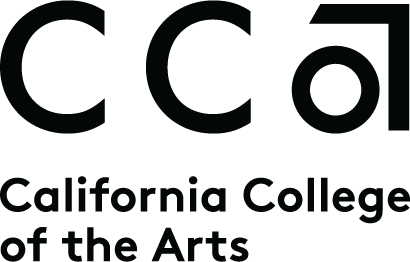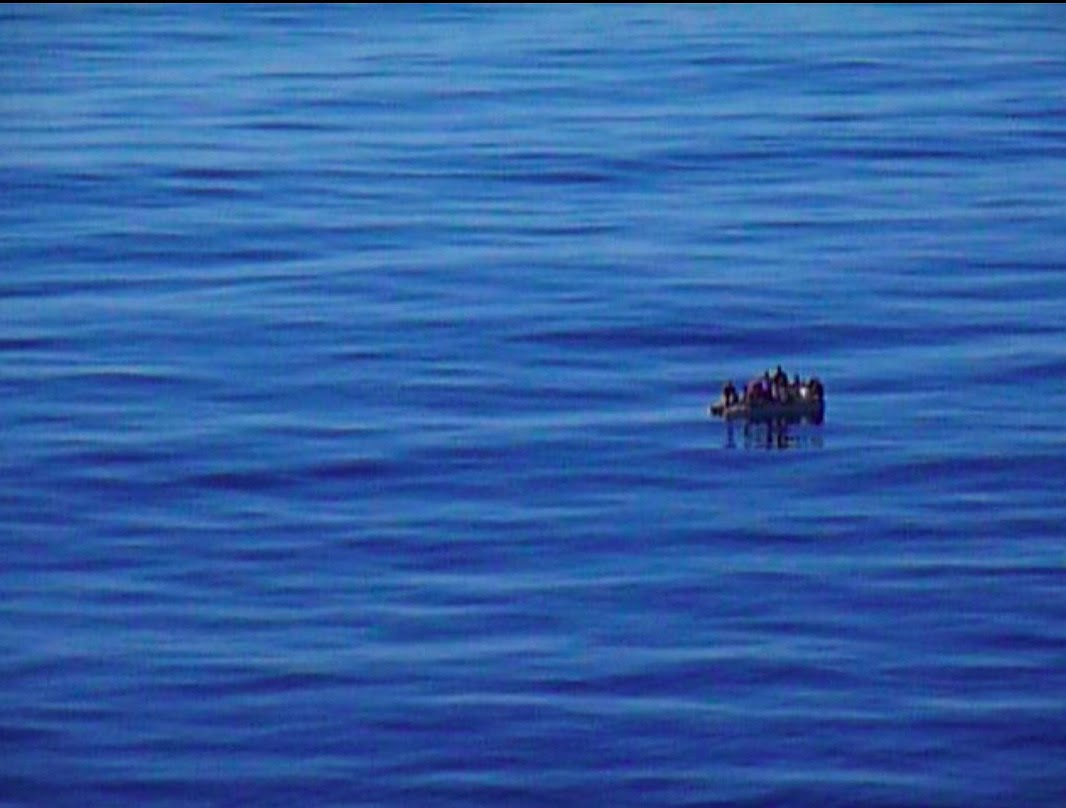
a Teach-In on Borders & Migration
October 2020
Over the last four years, artists and designers have deployed their skills to oppose Trump’s anti-immigrant and nationalist rhetoric through critical artistic projects that build cross-border alliances and give voice to migrant experiences. This virtual teach-in will focus on art and design practices that address the politics of borders and migration. The aim of the "teach-in" is to simultaneously mobilize the CCA community while making scholarship and art public and outward facing.
Make. Act. Resist is made possible by generous support from Creative Citizens in Action, the Architecture Division, the Fine Arts Division, the President’s Diversity Steering Group, the Film Program, and the CCA Libraries.
Lead Organizers
Kim Anno, Jose Brunner, Irene Cheng
Organizing Team
Shalini Agrawal, Sayer Al Sayer, Claudia Bernardi, Monica Bravo, Javier Breceda, Roxana Breceda, Leandra Burnett, Luis Escalera, Jeanne Finley, Howsem Huang, Cesar Lopez, Vreni Michelini-Castillo, Carlos Miranda, Rachel Parish, Kurt Pelzer, Navya Sharad, Sophie Schnorf, Jose Trujillo Rodriguez, and Taamara Rath.

©2020, California College of the Arts, unless otherwise noted
Identity & Web Design by Howsem Huang
Video Lecture
Nilgun Bayraktar
Refugee Futurity: Counter-memories and Critical Dystopia in Contemporary Film and Video Art

How can film conjure radically different futures for those who have been left outside the dominant narrative of Western progress? How do artists and filmmakers imagine alternative futures for regions marked by prolonged displacement, violence, and conflict? And how might creative visions of the future illuminate a present that continues to be shaped by histories of colonialism, slavery, and neocolonial practices? This talk will explore recent film and video works that concern questions of forced displacement, dispossession, and futurity in geopolitical contexts marked by a perpetual sense of crisis and conflict. In such conditions, crisis rhetoric has become a common mechanism for authorizing exceptional measures, states of emergency, limits on civic or human rights, and biopolitical control. With a specific focus on “refugee crisis” across European borderlands and within a Palestinian/Israeli context, I will examine the ways in which cinematic and artistic practice can counter and disrupt the crisis framework by activating counter-memories and envisioning alternative, decolonial futures.
→Nilgun Bayraktar is an assistant professor of film history, theory & criticism in the Visual Studies Program and Film Program. Her work focuses on migrant and diasporic cinema in Europe, transnational cinemas, experimental and avant-garde cinema, contemporary art, and performance. She received a B.A. in Cultural Studies from Sabanci University, Istanbul, and a Ph.D. in Performance Studies with a designated emphasis in Film & Media Studies from the University of California, Berkeley.
Her recently published book, →Mobility and Migration in Film and Moving Image Art: Cinema Beyond Europe (Routledge 2016), examines cinematic and artistic representations of migration and mobility in Europe from the 1990s to today. Probing questions of aesthetic experimentation in relation to socio-political ones, this book provides historically situated close readings of films, videos, and cinematic installations that concern migratory networks and infrastructures across Europe, the Middle East, and Africa.Her current book project, titled Refugee Futurity: Counter-memory and Critical Dystopia in Contemporary Art and Cinema, focuses on the dystopian sci-fi imagination, dark humor, futurity, and counter-memory in contemporary cinema and works of visual art that deal with forced displacement and refugeehood in diverse geopolitical contexts such as European and US-Latin American borderlands, the Palestinian-Israeli context, South Africa, and Australia.
← Back to home page
©2020, California College of the Arts, unless otherwise noted
Identity & Web Design by Howsem Huang

